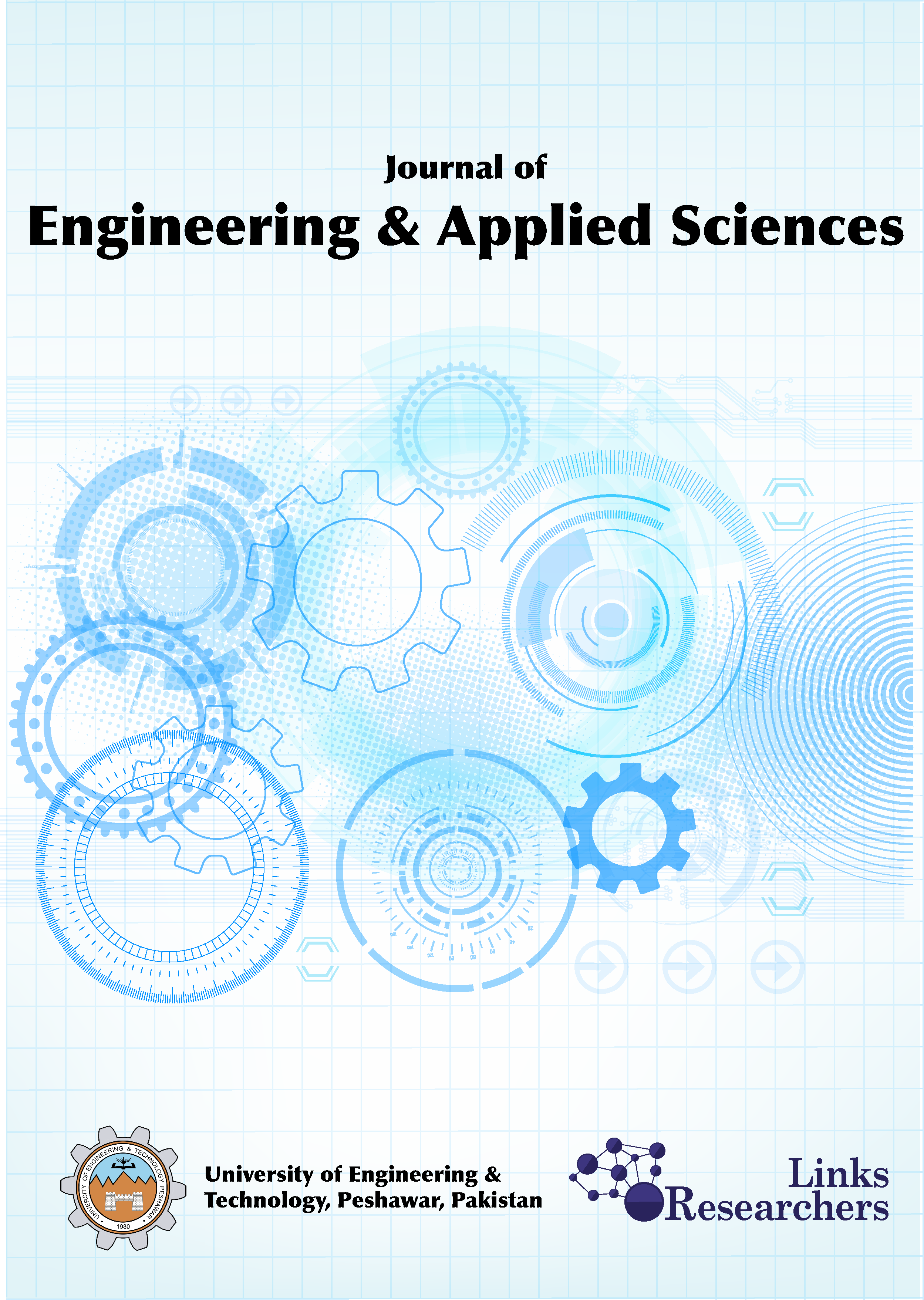Natural gas (NG) is extensively used in automobiles and studied in spark ignition (SI) engines. NG with lean combustion has revealed the potential to enhance efficiency and decrease emissions over stoichiometric petrol engines. The ignitability and instability are the main issues of NG lean combustion. Adding hydrogen (H2) in NG can be a solution to lean NG combustion limits. Herein, the experimental research was accomplished to analyze the effect of hydrogen blending on the combustion, emission, and performance aspects of NG EQD210N-20 engines. The engine was run at six different working conditions which are characterized by engine load, engine speed, and hydrogen fractions. The main performance parameters included heat release, mass fraction burned (MFB), power (frictional, effective, indicated), efficiency (mechanical, indicated, brake thermal), and coefficient of variation for indicated mean effective pressure (COVIMEP). Hydrogen blending in NG extends the lean ignition limit, accelerates combustion, and enhances the efficiency of combustion. Hydrogen has an extensive flammability range and very low ignition energy. A blending of hydrogen in NG increases heat release rate (HRR), MFB, indicated thermal efficiency (ITE), and decreases the specific fuel consumptions and engine emissions. The findings are applicable for the optimized performance of the SI engines at a bench and commercial scales.





